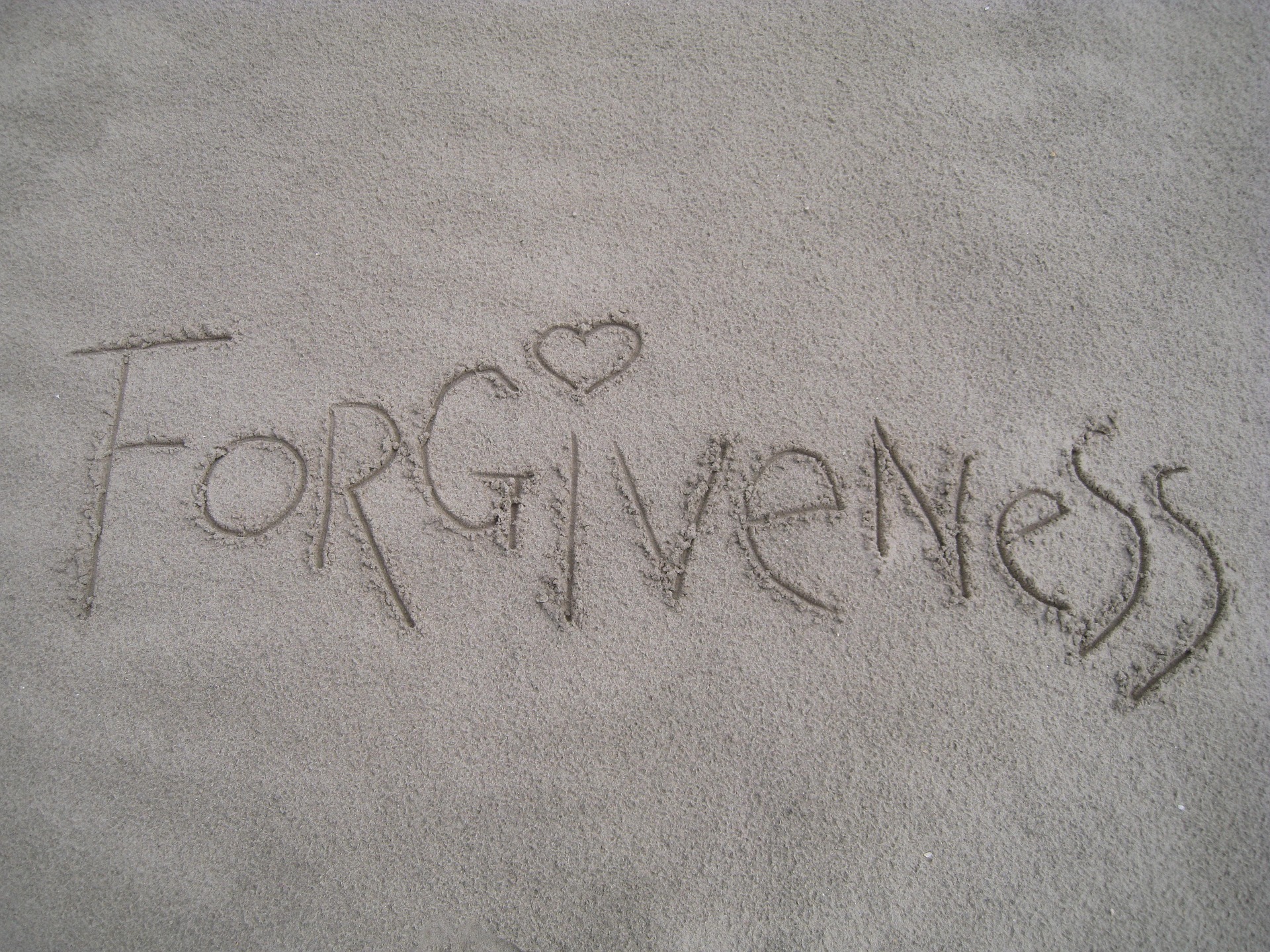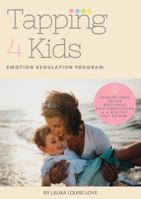“In order for forgiveness to happen, something has to die”. – Brene Brown
‘Forgive and forget’ or simply ‘get over it’ are statements we hear widely that reflect how mis-understood forgiveness is in our society. The truth is that when we put ourselves out there in life, at some point we will likely experience betrayal. But when we hold on to unforgiveness and continue to blame others for the way we feel, the negative impact this has on us emotionally and physically is profound. However difficult it may be, forgiving those who have wronged us is essential for our own personal growth.
Forgiveness is a gift we give ourselves as it sets us free and the research certainly agrees with this. When we genuinely forgive we experience positive health outcomes such as;
- Reduced chronic stress, anxiety, depression and major psychiatric disorders.
- Healthy self-esteem, energy, a stronger immune system and improvements in muscle relaxation.
- Increased overall wellbeing as we rid ourselves of deep long lasting anger, bitterness, resentment and emotional turmoil. Furthermore meta-analyses have found anger and hostility linked to a higher risk of heart disease, and poorer outcomes for people with any existing heart disease.
Marinating in bitterness, resentment, anger, vengeance or retribution is like consuming poison – the person it does the most damage to, is you. Not only is it detrimental to ‘our’ health and wellbeing but it is also physically and emotionally exhausting. Forgiveness has very little to do with the other person, it is a conscious, deliberate decision to release our feelings of resentment toward those that have harmed us. It does not mean letting these people off the hook or ‘making up’. Forgiveness does not require reconciliation, it also does not mean forgetting, condoning or excusing offenses. It is simply giving up the hope that the past could have been any different and accepting that some things were not as they appeared to be – this is especially relevant when it comes to betrayal.
Forgiveness is associated with the personal qualities of courage, generosity and grace, to one another and ourselves.
One of the best frameworks on forgiveness is the REACH 5 stage Forgiveness of Others model which involves us to;
R = Recall the hurt and decide that you are not going to pursue payback, but instead see some value in the perpetrator as a person.
E = Empathize or Sympathize. This helps you to heal from the hurt.
A = Altruistically forgive. Our freedom is tied to this.
C = Commit to your intention of forgiveness. This reminds you to make your forgiveness last, you may even want to write a note to yourself around this.
H = Hold onto forgiveness. We will almost surely be tempted to doubt that we really forgave. We can re-read our notes. We did forgive.
This can be a hard process. Forgiveness is not a sign of weakness, it is a quality of the strong. If you need support with this process, working with a therapist or personal coach can be very helpful. Be magnanimous and give yourself the gift of forgiveness – it will ultimately set you free.





Leave a Reply